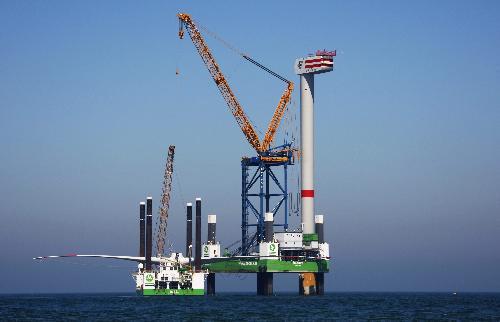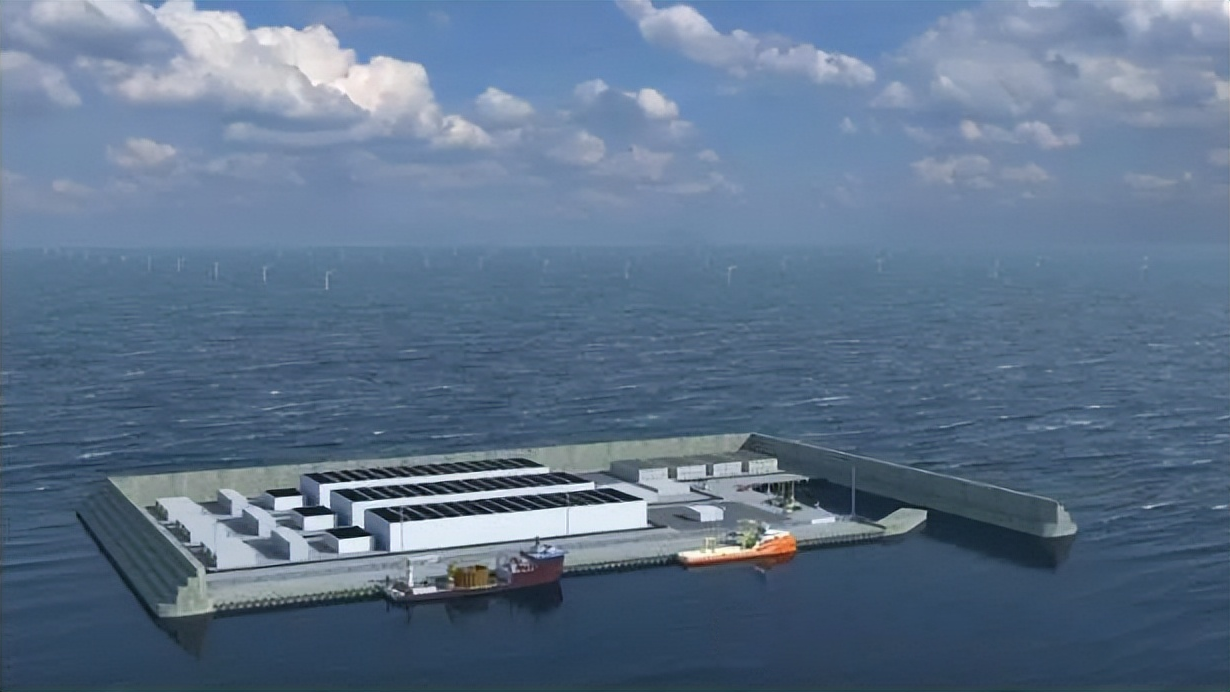
Oct . 31, 2023 21:22 Back to list
Belgium to build world's first 'energy island' in North Sea
The Belgian government has recently unveiled plans to construct the world's first "energy island" in the North Sea.This innovative project aims to connect offshore wind power facilities with domestic and international transmission lines.The energy island is expected to enhance the efficiency of Belgium's transmission network, bringing numerous benefits in the fight against climate change.However, challenges such as formulating international rules and expanding the domestic transmission network still need to be addressed.

Located approximately 45 kilometers away from the coastal city of Ostend in northwest Belgium, the energy island will consist of a concrete frame filled with sand, creating an artificial island spanning around 5 hectares.The island will house power transmission and transformation facilities, along with port infrastructure and helicopter landing pads.In addition, hundreds of offshore wind turbines will be built in the surrounding waters to generate a total output power of 3.5 GW.This significant capacity is projected to meet 15% of Belgium's electricity demand by 2030.
The energy island project holds great promise beyond Belgium, as nine European countries including the United Kingdom, Denmark, Germany, and the Netherlands have proposed goals to expand the existing offshore wind power generation capacity in the North Sea.The aim is to achieve 120 GW and 300 GW by 2030 and 2050 respectively, an increase from the current 30 GW. By strengthening cooperation and collaboration, these countries can work towards a more efficient and sustainable power supply in the region.To support this endeavor, the European Union has pledged to provide financial assistance of 100 million euros.

The construction of the energy island is scheduled to commence in 2024, with completion expected in 2026.The sea area surrounding the artificial island will be divided into three zones for the construction of offshore wind farms, and bidding for these projects will begin in 2024.The construction of the power transmission and transformation facilities will initiate following the completion of the wind farms, and power supply is planned to commence in 2030.
The energy island project in Belgium marks an important milestone in the global effort to transition towards cleaner and more sustainable energy sources.By harnessing the power of offshore wind and integrating transmission networks, this innovative solution has the potential to significantly reduce greenhouse gas emissions and combat climate change.The successful implementation of the energy island project will not only benefit Belgium but also serve as a model for other countries globally to follow in their pursuit of a greener energy future.
Will be removed if infringing
Reference website:https://www.escn.com.cn
-
Stackable Battery System: Revolutionizing C&I Energy Storage with Suzhou ACDC
NewsJul.21,2025
-
Revolutionizing EV Charging with Suzhou DC Quick Charging Stations Solutions
NewsJul.21,2025
-
Revolutionize Your Power Needs with Suzhou ACDC's Portable Power Station Solutions
NewsJul.21,2025
-
Outdoor Integrated Temperature Control Cabinet: Elevating Energy Storage Cabinet Efficiency
NewsJul.21,2025
-
Container Type Energy Storage System: Revolutionizing Energy Storage with Stackable Battery Solutions
NewsJul.21,2025
-
Advanced Self-Cooling Energy Storage Cabinet Solutions
NewsJul.21,2025























